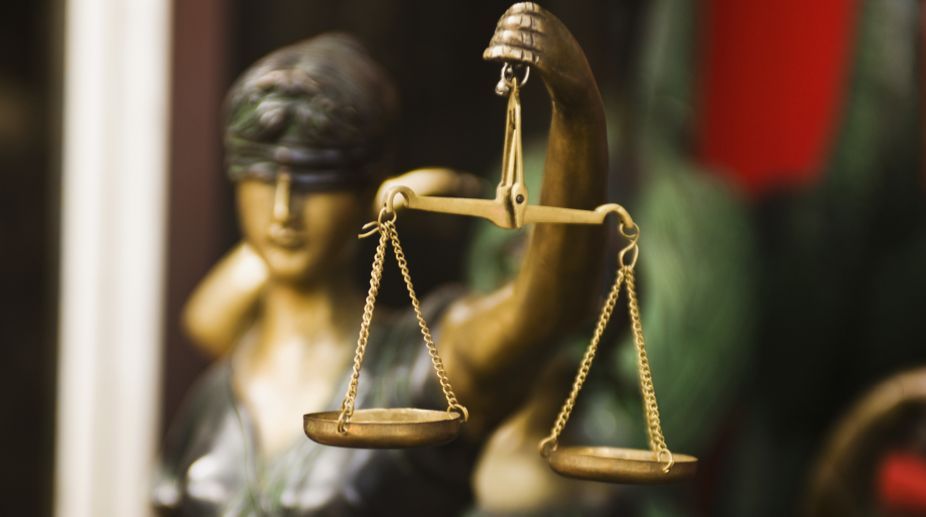During the 157 years of its existence on the statute book, Section 124A of the Indian Penal Code has undergone the least number of amendments.
Enacted in the aftermath of the 1857 mutiny which shook the very foundations of British colonial rule, it was an instrument designed to curb the freedom struggle. The word ‘sedition’ does not figure in the text of the code except as a subheading. The law targets exciting or attempt to excite disaffection towards the government established by law. In the Constituent Assembly, KM Munshi moved an amendment for its deletion saying dissent is the sine qua non of democracy and that there was no scope for such a law in independent India.
Munshi’s amendment was passed and sedition did not besmirch the Indian Constitution. By an oversight Section 124A of the IPC was left untouched when India attained freedom. Mahatma Gandhi once sarcastically described Section 124A as “the prince of the IPC.” Prime Minister Nehru called for its repeal in one of his public speeches, but Sardar Patel was not enthusiastic.
Sedition law is against the spirit of democracy. The process of building political alternatives will have to be based on holding and propagating views that are contrary to those held by those in power. Quick to take offence and even quicker to launch prosecution, politicians and government authorities have contributed to the alarming misuse of sedition law.
The AIADMK government of the Edappadi Palaniswami-O Panneerselvam duo has sunk to a new low in leveling sedition charges against their own party MLAs and leaders who question their competence to govern.
They themselves moved resolutions in their party general council to the effect they are unfit to lead the party or to rule the state and that they are doing so only as regents of the late J Jayalalitha in whose shadow they got elected to the Assembly. They lack majority in the legislature and have resorted to filing cases against dissident legislators under Section 124A IPC in the hope of creating an artificial majority. No doubt the Supreme Court, protector of the fundamental rights of the citizens, will set the prisoners charged under this colonial-era law free.
According to the judgment of the Constitutional Bench of the Supreme Court in the Kedarnath case, a person can be charged with sedition only if he incites violence or intends to create disorder through speech or writing.
As long as this law remains on the statute book politicians will continue to use it for short time gains. It should be scrapped forthwith by Parliament. If the Supreme Court does it, it will have to supersede the Kedarnath judgment which was by a five-judge Bench.
So a seven-judge Bench will have to be constituted which takes a lot of time. The sedition law as it stands is in conflict with the Constitution.










